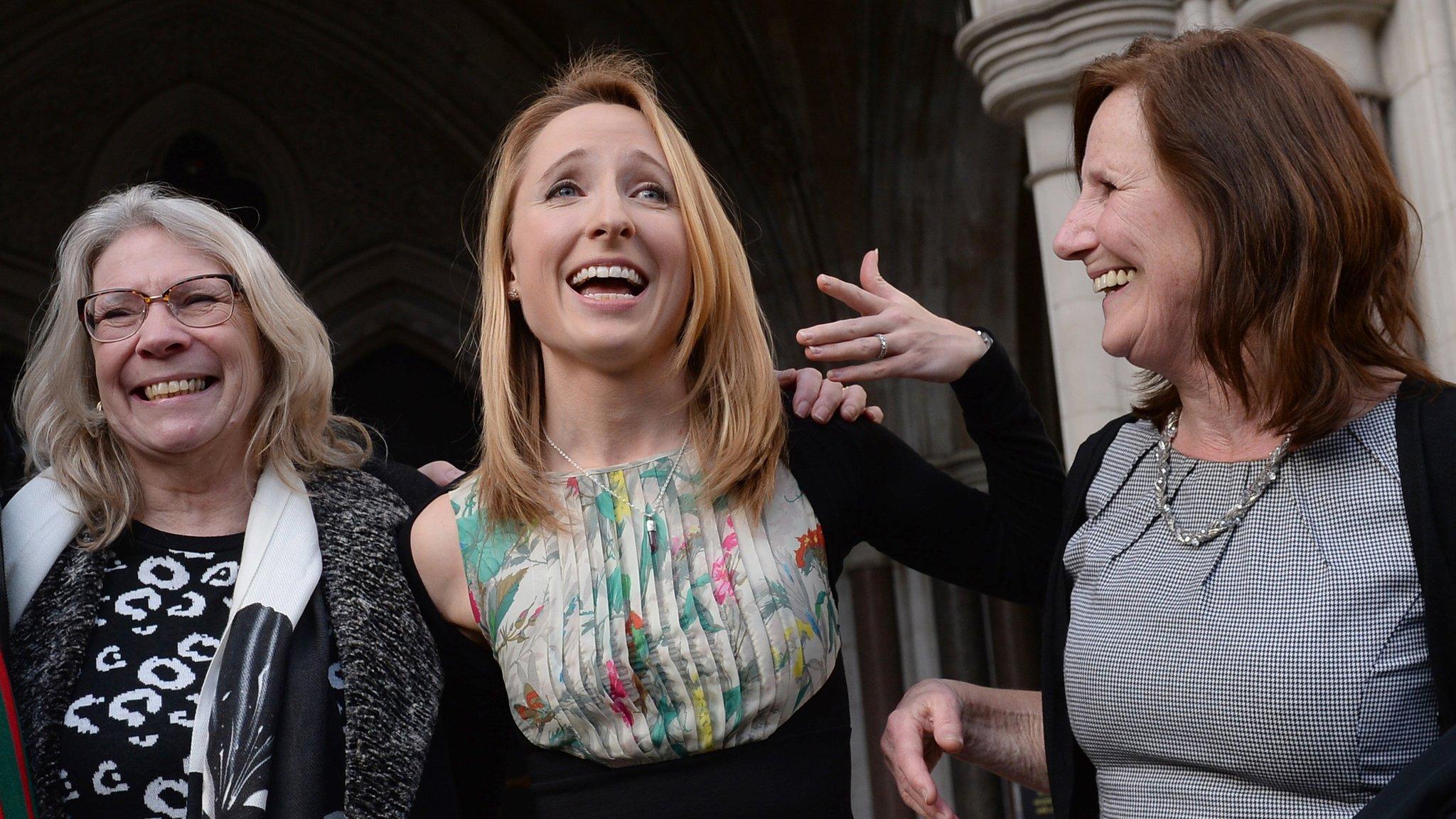Woman allowed to challenge dead daughter's egg use ruling
- Published
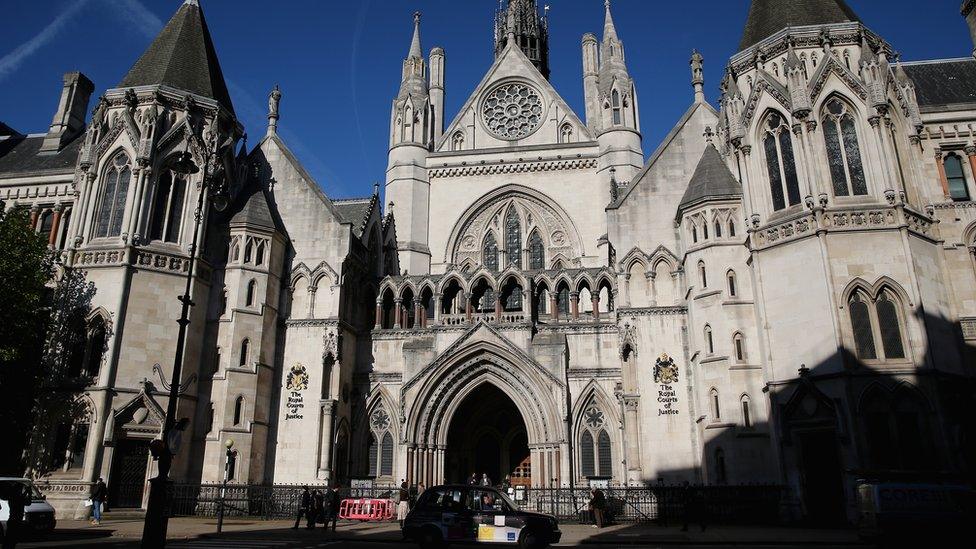
A 60-year-old woman who wants to use her late daughter's frozen eggs to give birth to her own grandchild has been allowed to continue her legal battle.
The woman is taking action against the UK regulator's refusal to allow her to take her only child's eggs to a US clinic to be used with donor sperm.
She lost a High Court case last year but the Court of Appeal granted her permission to challenge the decision.
Her daughter died of cancer in 2011 and was said to have approved of the plan.
The Human Fertilisation and Embryology Authority (HFEA) said her eggs could not be released from storage in London because she did not give her full written consent before her death at the age of 28.
It was reported that if the case was successful, the woman, who can only be referred to as Mrs M for legal reasons, could have become the first person in the world to become pregnant using a dead daughter's eggs.
'Dying wish'
The High Court was told the daughter was desperate to have children and had asked her mother to "carry my babies".
Lawyers acting for the woman and her husband told Mr Justice Ouseley she would have been "devastated" if she had known her eggs could not be used.
The judge ruled that the HFEA was entitled to find the daughter had not given "the required consent" and said there had been no breach of the family's human rights.
But he said he was dismissing the case "conscious of the additional distress which this will bring to the claimants, whose aim has been to honour their daughter's dying wish".
'Prospect of success'
At the Court of Appeal, Jenni Richards QC argued there was "clear evidence" of what the couple's daughter wanted to happen to her eggs after she died.
One of the judges, Lord Justice Treacy, said the case papers had left him doubtful as to whether there would be "sufficiently strong" reasons to allow the challenge to continue further. But after hearing submissions in court, he now concluded there was "an arguable case with a real prospect of success".
The case will be considered on a date to be fixed.
- Published15 June 2015
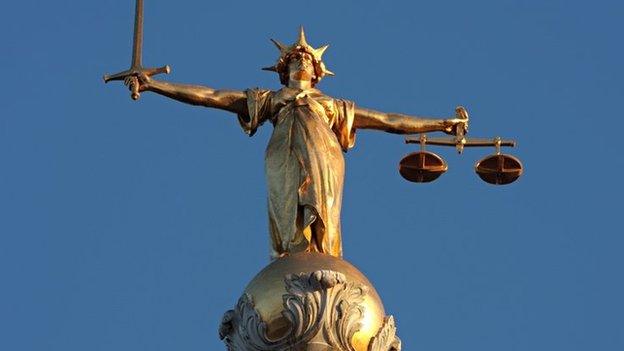
- Published8 May 2015
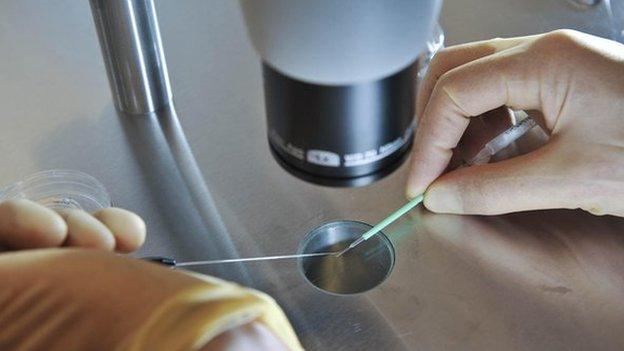
- Published23 December 2015
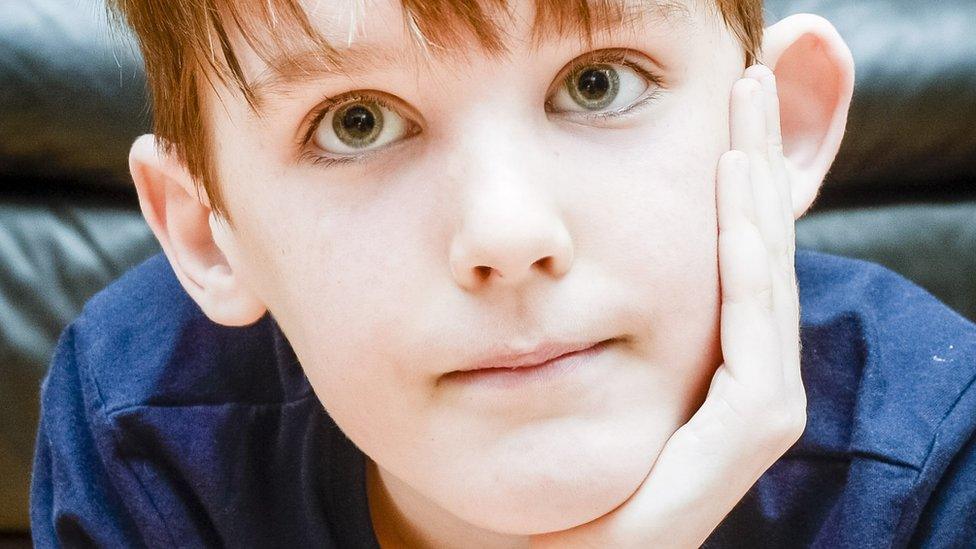
- Published25 June 2015
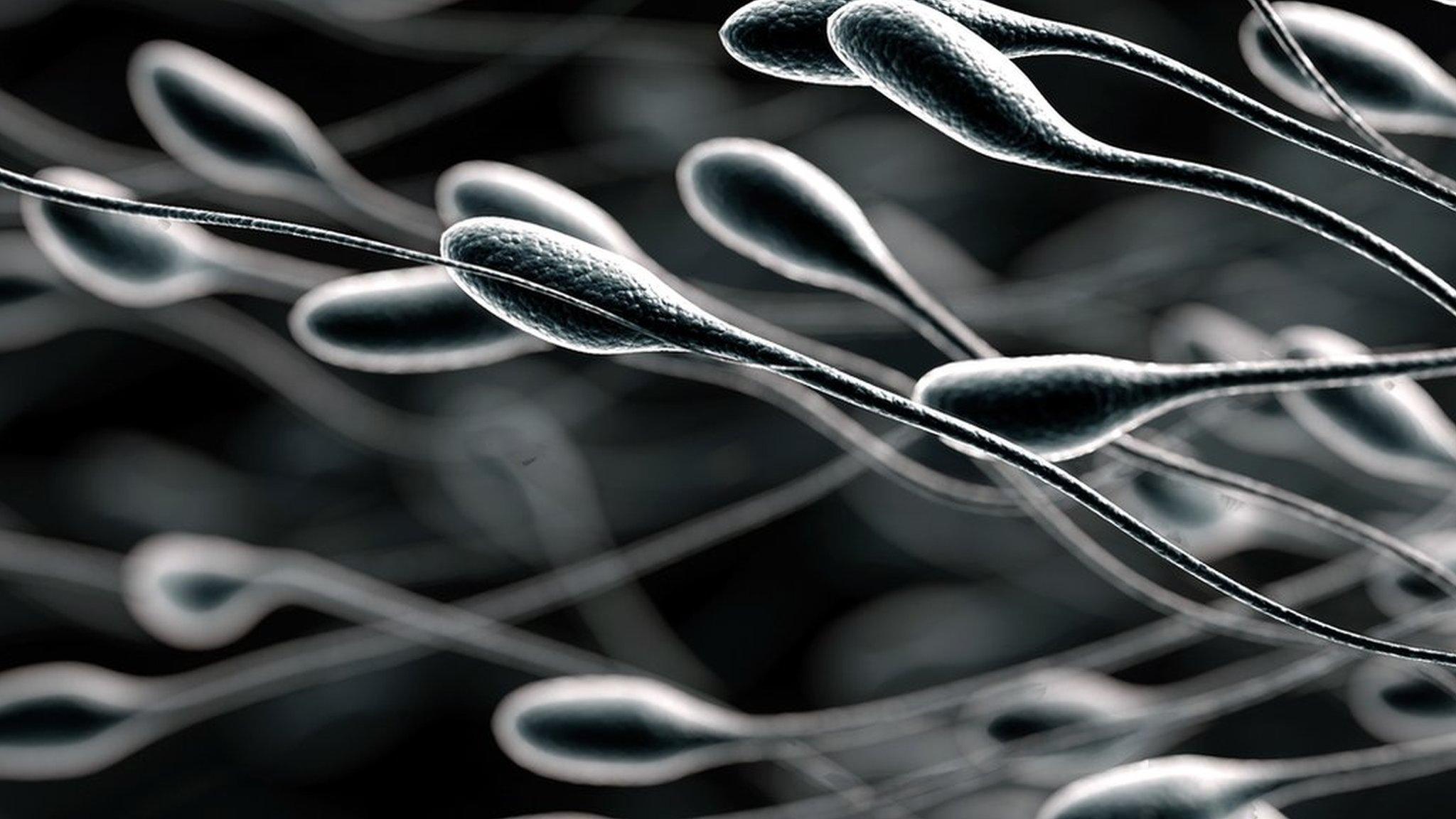
- Published10 June 2015
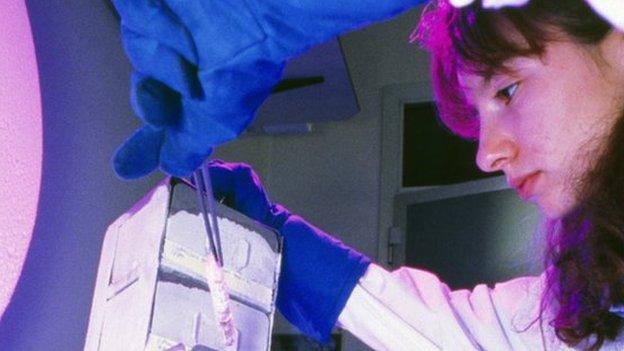
- Published13 April 2015
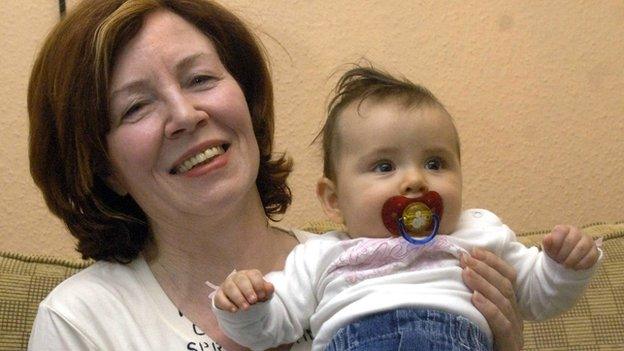
- Published13 March 2014
